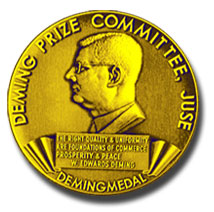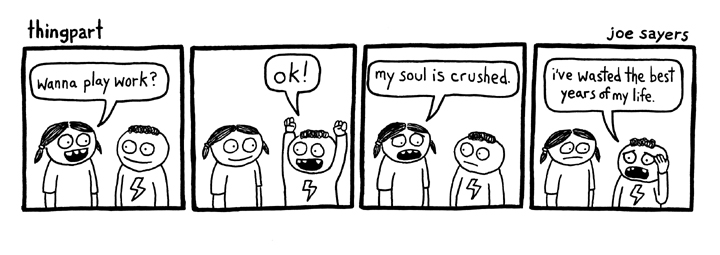
Bill and John Hunter on a beach in Malaysia
After my father died, for years (at least 10), people I never had met before would emotionally share what a positive influence he had on their lives. He did great stuff helping organizations improve. But the majority of people were not telling me how much he helped the organization improve [there were also a bunch of engineers and statisticians 🙂 that were more impressed with his insights and expertise]. But most people talked about was how much happier they were because of the changes he helped them see they could make in their lives.
He helped them expect to take joy from work and so they did (and a big part in taking joy in work for most is helping others take joy in work – you don’t find many workplaces with 15 miserable people and one joyful person). Many had to leave their current organizations that were too broken for them to fix. But after they saw what they should expect they couldn’t just keep passing time without joy in work.
Now I am sure their were hundreds of people that never talked to me that never made any such change. But the number of people that did took what was a decent chance that I would continue working with the management ideas I absorbed from him (data based decision making, Deming, joy in work, respect for people…) and made it a very great one. Unfortunately I am nowhere near as affective as he was.
Creating organization that show respect for people in the workplace and give them tools to improve is far more powerful than most people understand. Most people get scared about “soft” “mushy” sounding ideas like “joy in work.” I have to say I sympathize with those people. But it is true.
To get “joy in work” it isn’t about eliminating annoyances. Fundamentally it is about taking pride in what you do and eliminating the practices in so many organizations that dehumanize people. And to create a system where the vast majority of people can have joy in work most of the time requires a deep understanding and application of modern management improvement practices (Deming, lean thinking, etc.).
The photo shows Dad, William Hunter, and me on the beach.
In response to A Breath of Lean Positivity – Paul Akers
Related: William G. Hunter Award – Peter Scholtes – Joy in Work, Software Development




 Photo by
Photo by 
